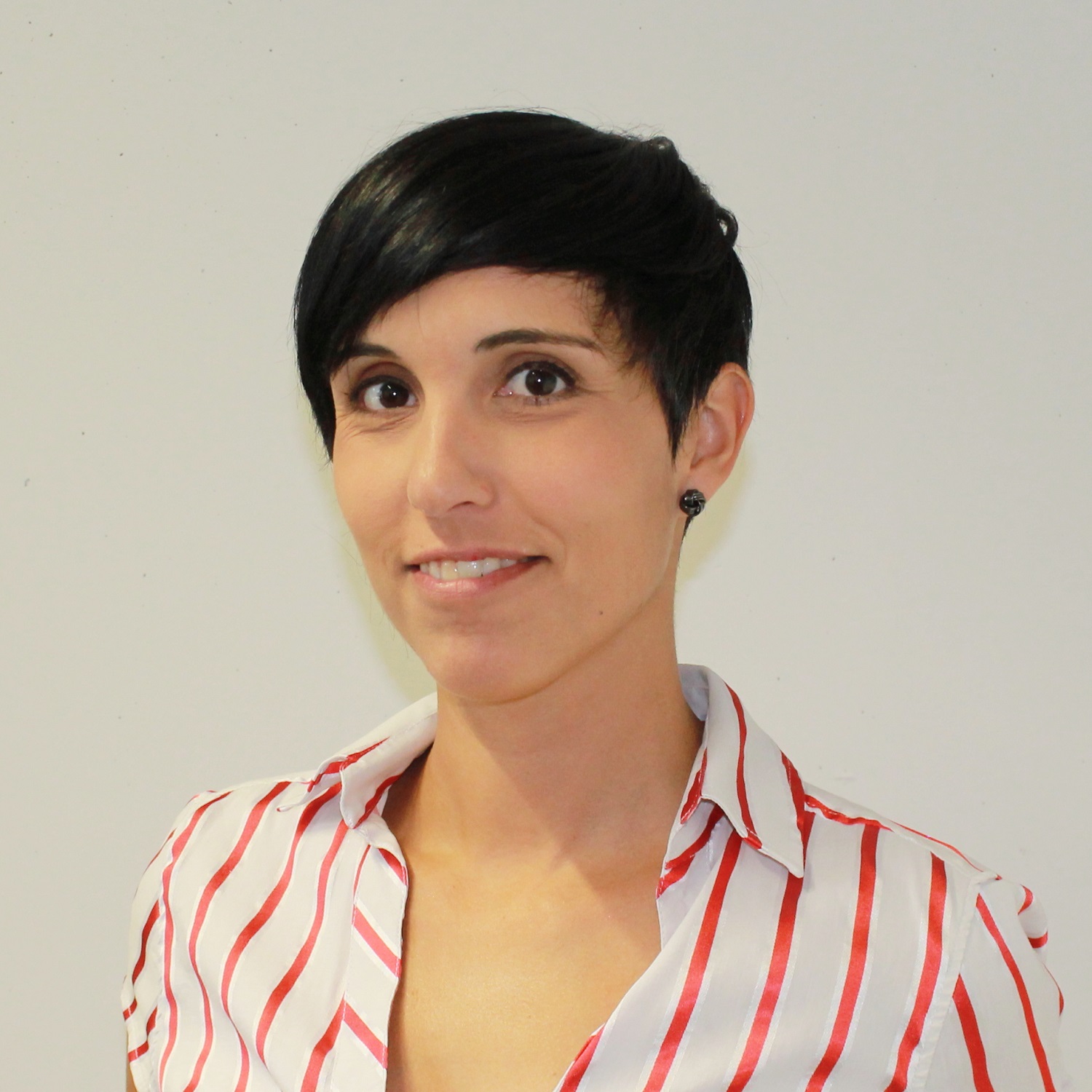When it comes to food security, there is one sector that can help us to think out of the box and consider novel technologies in food production: the space sector. Providing the required resources for human survival in the harsh Martian environment requires efficient and sustainable technologies. Could we learn from the research done for Mars to improve our life on Earth?
Our current agricultural and food systems are challenged to sustain a growing population. The world population is estimated to increase to around 9.7 billion people by 2050 with more and more people living in cities, which poses great challenges associated with food security:
• Food systems are among the largest drivers of global environmental change.
• They foster climate change and cause the Earth’s systems to transgress beyond their planetary boundaries.
• Resource-intensive agricultural systems have caused water scarcities, soil depletion, and high levels of greenhouse gas emissions.
• Food systems have contributed to biodiversity loss and interfere with global phosphorous and nitrogen cycles.








